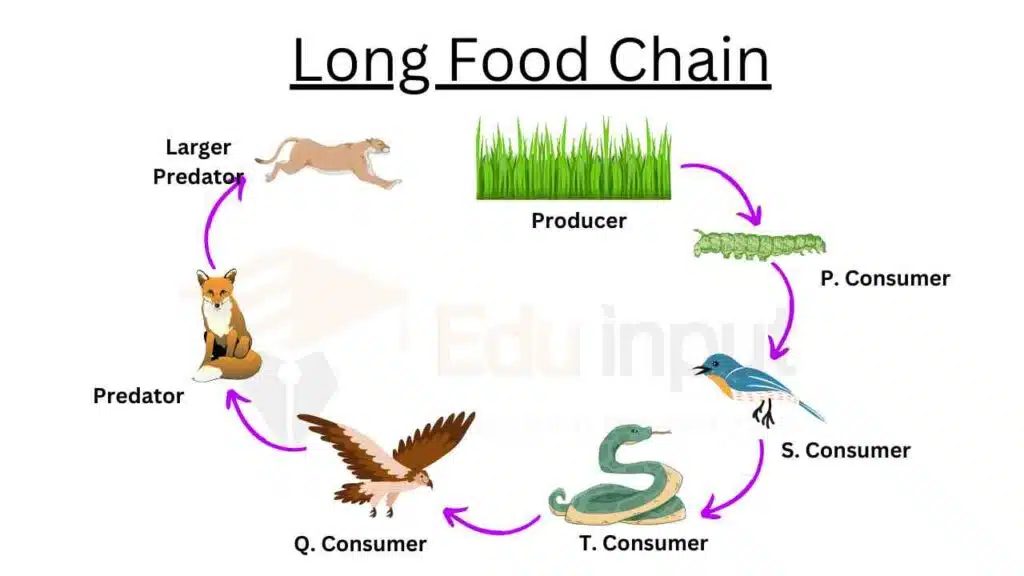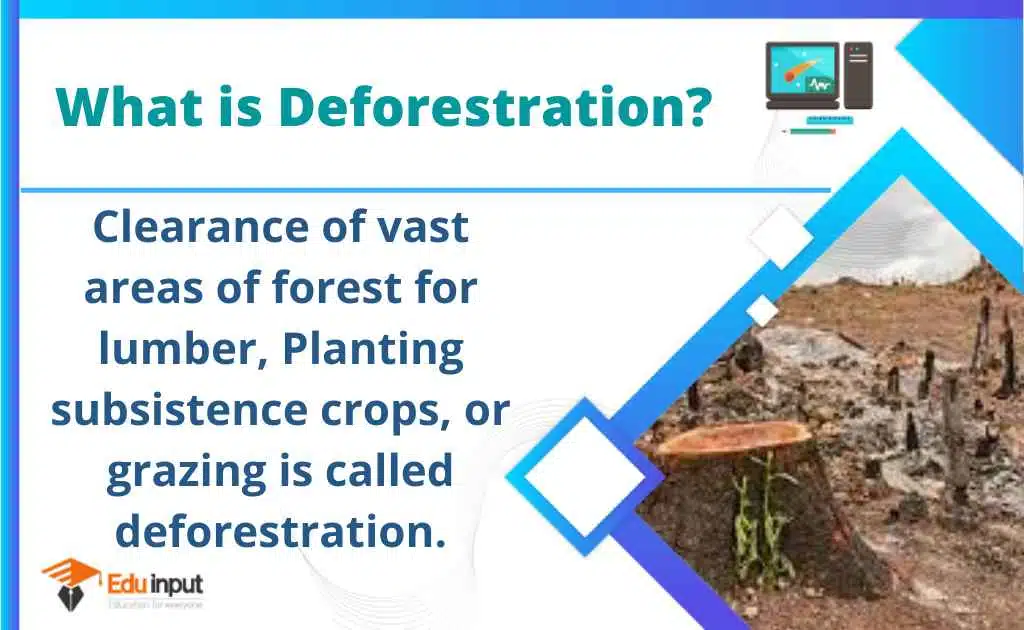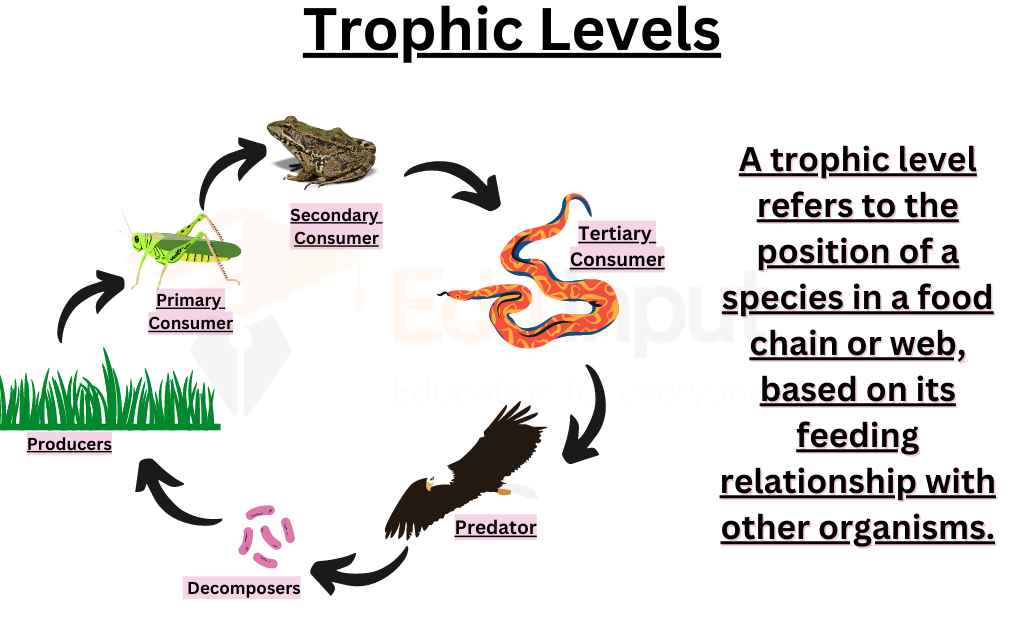Long Food Chain (Examples and Advantages)
A long food chain in an ecosystem is a linear sequence of organisms that involves multiple trophic levels, with many intermediate consumers between the primary producer and the top predator.
It is much larger than a short food chain as number of consumers participates in it. In a long food chain, energy and nutrients must pass through many organisms before reaching the top predator.
Example of Long Food Chain
In a forest ecosystem where the primary producer is a tree. The tree is eaten by a caterpillar, which is the primary consumer. A bird eats the caterpillar and is the secondary consumer. A snake preys on the bird and is the tertiary consumer, followed by a fox that preys on the snake and is the quaternary consumer.
However, the fox is also preyed upon by a larger predator, a mountain lion, which is the top predator in this food chain.

What do you think would happen if there was a sudden decrease in the number of caterpillars in the ecosystem?
Hint: (A sudden decrease in the number of caterpillars in the ecosystem can lead to a cascading effect on the entire food chain, affecting the population of predators and ultimately impacting the top predator.)
Advantages of Short Food Chain In An Ecosystem
Some advantages of a long food chain in an ecosystem are:
- Increased biodiversity
- Larger overall biomass
- Greater ecosystem resilience
- More complex ecological interactions







Leave a Reply